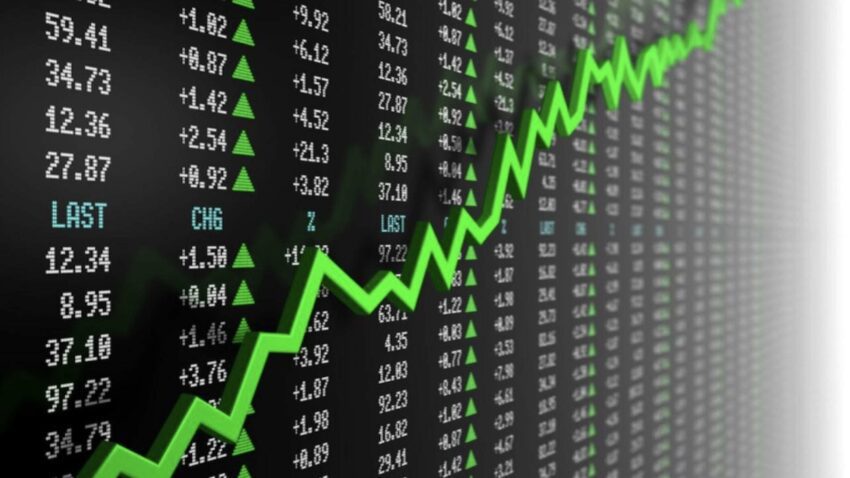
Shareholders vs employees
Many large companies with excess cash do share buybacks or offer a dividend. Both of these are intended to benefit shareholders. However, the waters are muddied in that some employees are also shareholders.
Let’s look at the numbers for Apple.
Cook said that Apple had returned $27.5 billion to shareholders last quarter
Apple […] also approved a 77 cent dividend per share.
Apple stock spikes after reporting strong guidance and earnings beat—CNBC—April 30, 2019
As of September 29, 2018 , the Company had approximately 132,000 full-time equivalent employees.
Apple Form 10K—SEC—September 29, 2018
I’ll extrapolate a little since I couldn’t find complete numbers.
- $27.5 billion x 4 quarters = $110 billion in yearly share repurchase
- 77 cents x 4.72 billion shares x 4 quarters = $14.5 billion annual dividend
- $110 billion + $14.5 billion = $124.5 billion given to shareholders yearly
Divide that by the number of employees. Check my math and let me know if I got it wrong.
$943,181 per employee per year
Gasp.
Let’s revisit the matter of employees that receive shares in a company and how they might benefit from a repurchase or dividend. While a repurchase raises earnings per share (since the number of shares decreases), there’s no evidence it raises stock prices.
Higher share repurchases, in turn, significantly lowered the research and development expenditures that are important for raising productivity. Further, increasing earnings per share does not equate to increases in shareholder value.
Share repurchase—Wikipedia
Dividends are a different story.
Some studies, however, have demonstrated that companies that pay dividends have higher earnings growth, suggesting that dividend payments may be evidence of confidence in earnings growth and sufficient profitability to fund future expansion.
Dividend—Wikipedia
So, the opinion is mixed on giving money to shareholders affecting the stock price, but 88% of their cash outlay is for stock repurchase. Even so, I suspect less than 100 people at Apple hold enough stock to experience a gain of $943,181 yearly, so most employees would take some of the cash without hesitation.
I’m not suggesting weathly companies just give every employee a million dollars a year. However, much could be spent on retaining the best and the brightest and attracting the next generation of employees. Also, money could be spent to keep the most vital people from leaving.
Attracting and retaining the best talent can translate to making the best products. This is a much more likely way to make the stock go up. Revenue and profits impress people and make them want to buy more stock. Reducing the number of shares and increasing the EPS and dividend yield is not quite as inspirational.
Sure, perks and benefits are well above average at companies like Apple. But they are just as good at many other companies. With a million dollars per employee in your wallet, why not make them exceptional? Why not make benefits a reason to come work there? Why not make benefits that are so compelling that it’s much harder to leave?
Companies tend to focus on products and do the minimum they need to attract and retain employees. Benefits should be as strong a barrier to leave as the work, the employees, and the facilities.
Finally, where money is spent says a lot about priorities. Is it employees or is it shareholders?